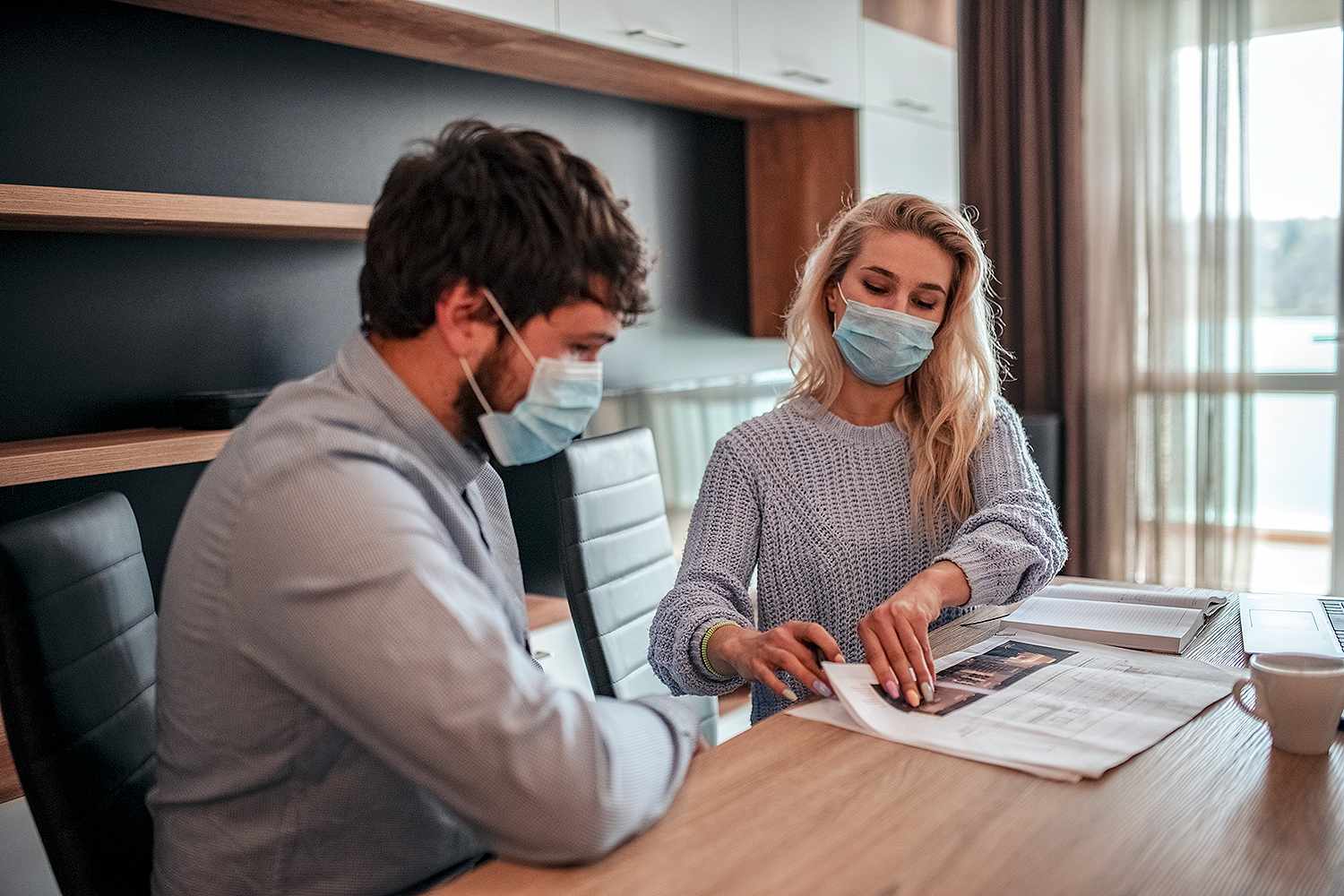How Rheumatoid Arthritis Patients Are Affected by COVID-19 — and Why Their Medication Can Help


As the U.S. enters a fourth month of dealing with the new coronavirus, COVID-19, Americans are well-versed in the signs, symptoms and risk factors of the virus. Those with preexisting conditions — such as heart and kidney diseases, type 2 diabetes, obesity and immunocompromising illnesses — are at a higher risk of developing severe cases of COVID-19, and are in the tough position of having to take extra precautions to stay healthy.
For rheumatoid arthritis sufferers, the situation can be particularly complicated. People who have the chronic condition — which causes the immune system to mistakenly attack healthy cells in the body, leading to joint inflammation — typically take medications that suppress the immune system to reduce their pain. But with a suppressed immune system, patients are hindered in terms of being able to fight off COVID-19 if they get infected.
“Patients who have rheumatoid arthritis are on medications that suppress their immune system. And one of the big issues is when you're suppressing the immune system, people are worried if they’re more susceptible to getting infections or getting sick,” Dr. Christina Price, an immunology professor at the Yale School of Medicine, tells PEOPLE.
What is interesting though, Price says, is that people taking medications for rheumatoid arthritis may have an advantage if they do get COVID-19.
“There are two elements of COVID-19,” she says. “When you first get the virus, you do want to have a good immune system and response to fight and clear the virus. But there’s often a secondary response in the body to the virus that could be an overactive immune response, a kind of inflammation gone wild.”
When that happens, Price says, the typical medications for rheumatoid arthritis can calm down that immune response, which is why many are being tested as possible treatments for anyone with COVID-19.
Unfortunately, though, “there’s not enough data right now” to see how much those medications help people with rheumatoid arthritis who contract COVID-19.
“Everybody's trying to look at the data and their own patient populations to see if those patients actually are at risk and if they are faring better or worse,” Price says.
For now, people with rheumatoid arthritis and other immunocompromised conditions have to be particularly careful to avoid getting COVID-19. But it helps, Price says, that immunocompromised people are used to it.
“Patients with immune issues have always been good about hand hygiene and social distancing,” she says. “Wearing masks and continuing those types of precautions are more important than ever.”
And as states continue to reopen and cases rise in parts of the country, it’s better for those people to wait.
“I've heard patients say, ‘well, that's great that they're opening up, but I'm going to sit back and watch and see what happens before I stick my toe in the water.’ I think that's practical,” Price says. “I think that everybody still has to make the decisions that they're most comfortable with.”
As information about the coronavirus pandemic rapidly changes, PEOPLE is committed to providing the most recent data in our coverage. Some of the information in this story may have changed after publication. For the latest on COVID-19, readers are encouraged to use online resources from CDC, WHO, and local public health departments. PEOPLE has partnered with GoFundMe to raise money for the COVID-19 Relief Fund, a GoFundMe.org fundraiser to support everything from frontline responders to families in need, as well as organizations helping communities. For more information or to donate, click here.
Source: Read Full Article